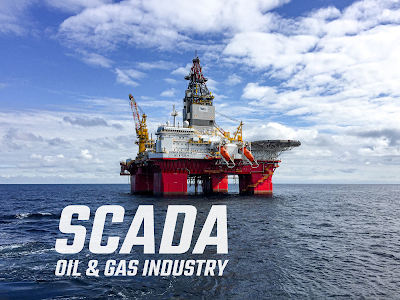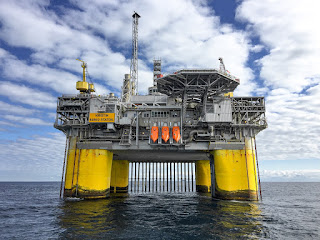Application of SCADA in Oil and Gas Industry. Learn How is SCADA Used in Oil and Gas Industry.

# What is SCADA ?
SCADA stands for " Supervisory Control and Data Acquisition". SCADA denotes to a set of greatly configurable industrial control software applications, communication systems, sensors and management procedures.
# How is SCADA used in Oil and Gas?
SCADA is frequently used in the upstream, midstream, and downstream oil and gas sectors.
SCADA is truly effective to collect data at remote oil and gas sites and minimizes human intervention leading to route and dispatch optimization.
# SCADA Training for Oil and Gas, Supervisory Control and Data Acquisition
As a industry leader in training, courses and learning platform, Tonex offers SCADA Training for Oil and Gas.
This is a 2-day hands-on workshop describes how SCADA can be used in oil and gas industry.
# Why to join Tonex oil & gas SCADA Course ?
Learn how SCADA is applied as a platform technology to control and supervise several types of industrial processes, optimize complex coordination of operations.
All the course participants will be provided with specific guidance and tools to assist them in tailoring SCADA requirements to their business and operation environment.
Topics are applicable to a broad range of new concepts around (SCADA) systems in the oil and gas industry.
# Want to learn more ?
Call at +1-972-665-9786 or,
Visit tonex.com for SCADA in Oil and Gas Course detail.

# What is SCADA ?
SCADA stands for " Supervisory Control and Data Acquisition". SCADA denotes to a set of greatly configurable industrial control software applications, communication systems, sensors and management procedures.
SCADA is really useful to support almost any form of process production.
# How is SCADA used in Oil and Gas?
SCADA is frequently used in the upstream, midstream, and downstream oil and gas sectors.
SCADA is truly effective to collect data at remote oil and gas sites and minimizes human intervention leading to route and dispatch optimization.
# SCADA Training for Oil and Gas, Supervisory Control and Data Acquisition
As a industry leader in training, courses and learning platform, Tonex offers SCADA Training for Oil and Gas.
This is a 2-day hands-on workshop describes how SCADA can be used in oil and gas industry.
# Why to join Tonex oil & gas SCADA Course ?
Learn how SCADA is applied as a platform technology to control and supervise several types of industrial processes, optimize complex coordination of operations.
All the course participants will be provided with specific guidance and tools to assist them in tailoring SCADA requirements to their business and operation environment.
Topics are applicable to a broad range of new concepts around (SCADA) systems in the oil and gas industry.
# Want to learn more ?
Call at +1-972-665-9786 or,
Visit tonex.com for SCADA in Oil and Gas Course detail.

Comments
Post a Comment